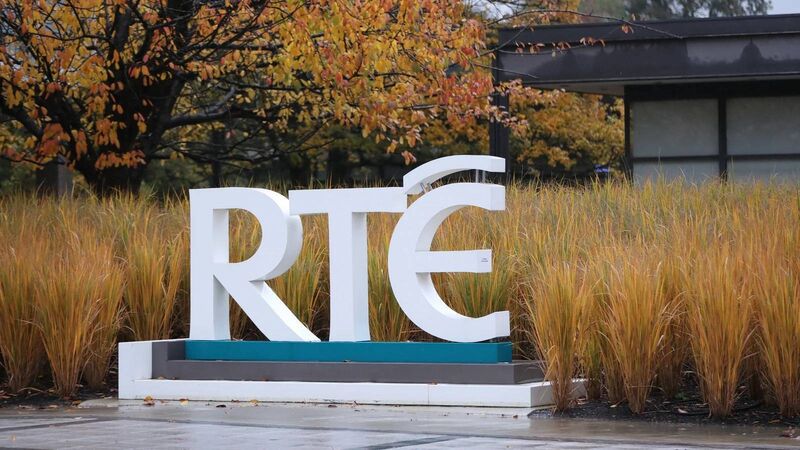Bogus self-employment is one drama RTÉ can't pull the plug on

In 2021, the Department of Social Protection began its review of the historic employment status of 695 RTÉ workers. Photo: RTÉ.ie
Late last year, an employee of RTÉ received correspondence from Arthur Cox — one of the five biggest law firms in Ireland.
Speaking on behalf of their client, the law firm referred to a recent decision concerning the employee made by Scope, the employment status section of the Department of Social Protection.
















